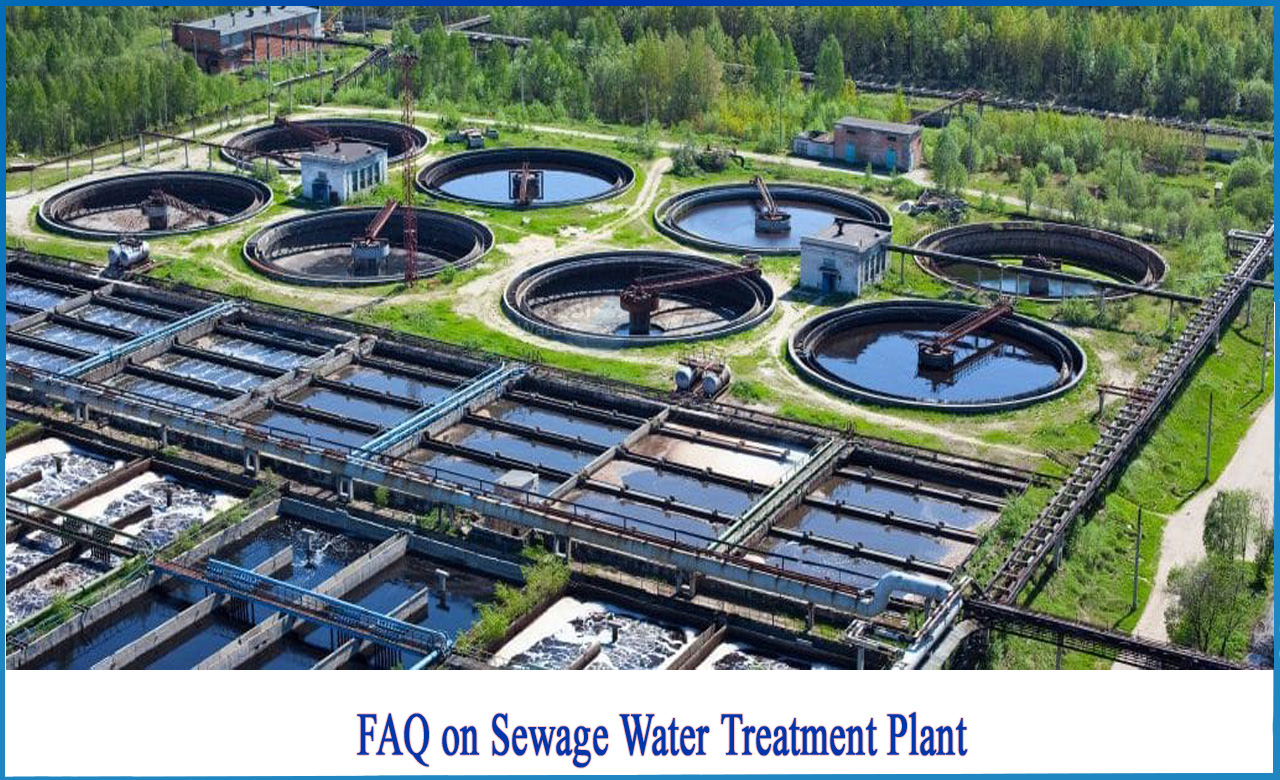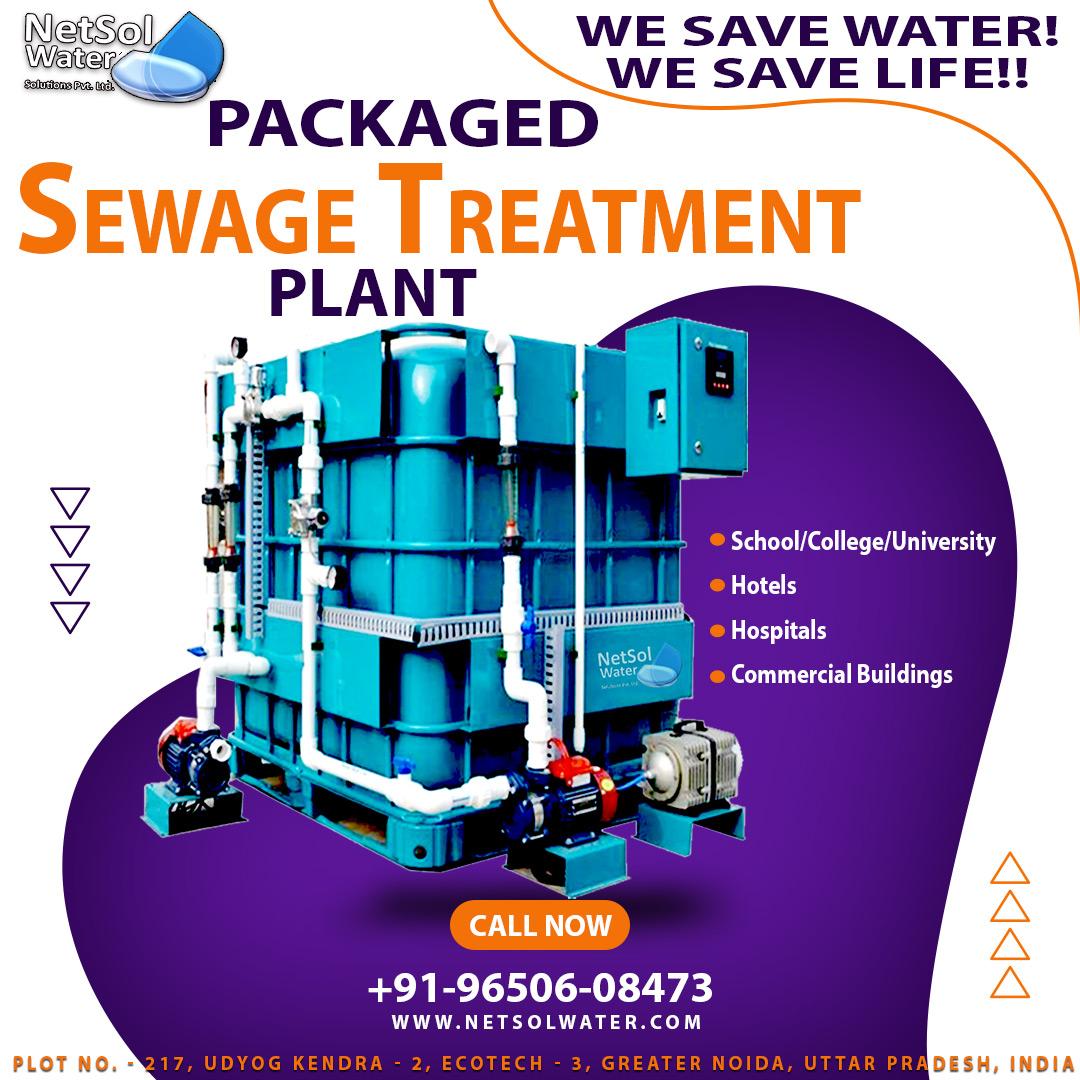Q1-What do you mean by waste water and how is it produced?
Waste water is the water which gets produced after the usage of fresh water by human beings for many purposes like domestic, commercial or industrial use.
We can also say that fresh water is the water that is used for many domestic purposes like washing, bathing, flushing toilets etc. Here washing means the washing of utensils which is used in cooking, washing vegetables and other food items, bathing, washing of hands, washing clothes and utensils.
The water which gets produced after these uses contains vegetable matter, oils used in cooking, oil in hair, detergents, floor dirt, soap used in bathing along with oils and greases washed from the human body. This water is known as sullage or Grey Water. Water which is use to flush the toilets to eliminate human feces is known as Black Water or Sewage.
Black Water that is Sewage is very difficult to purify as compared to Grey Water that is sullage.
Q2-What are the constituents of wastewater that is sewage?
Waste water consists all the dissolved minerals that are present in the fresh water which is used by human for many purposes and which at the end became waste water and all the other contaminants. These contaminants can be carbohydrates, proteins, oils and fats. These contaminants can be decomposed chemically or biologically and use up oxygen in the process called degradable process.
And hence, these are measured in terms of their demand for oxygen which can be made by some tests in a particular laboratory. This is known as "Bio Degradable Oxygen demand"(BOD). Some other chemicals that also contaminate the water during the process of domestic use also degrade and use up oxygen and the test which is done to fulfill this demand that is known as "Chemical Oxygen demand"(COD).
A domestic sewage will approximately contain 300 to 450 mg/litre of BOD and COD at an average. Sewage also consists of e-coli that is harmful for human beings if consumed that means if drunk.
Now the question arises what does this bacteria that is E.coli does when it goes in a human body?
E.coli is a bacteria which goes in the intestines and grows faster and faster in the warm blooded creatures like humans, animals and birds.
TSS that is Total Suspended Solids is another main and important feature of sewage that is present in high levels.
Due to the presence of this, the sewage gets a black color and that's why we name it as black water. Sewage in the form of septic has a strong, pungent and unpleasant odor.
Q3-Why is it important to treat wastewater?
Much of the water that is used for domestic purposes (at homes) is not potable (good for drinking). But water used for other purposes such as flushing toilets or for washing floors, lobbies or roads and also for gardening does not need to be potable. If large amount of sewage is not treated that is generated in a country which goes unchecked to pollute fresh water bodies like lakes, rivers, ground water table etc. so it much be treated properly.
It is an offence to discharge untreated waterwaste that is sewage into drains excluding sewerage system or open land.
Sewage should be treated properly and then correctly reused and also recycled for many other purposes that do not need potable water quality. Recycling or reusing treated sewage can decrease fresh water requirement by 50-60%.
Also, Netsol Water is the leading sewage and effluent treatment plant manufacturer. The main aim of Netsol is to “save and conserve the mother earth”.




